Zabriskie Point (1970) Watch Online
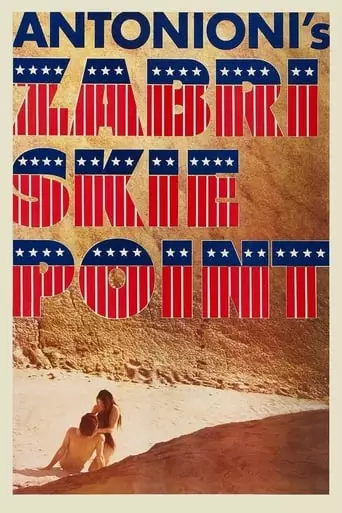
Zabriskie Point (1970) Watch Online

Red Desert (1964) Watch Online
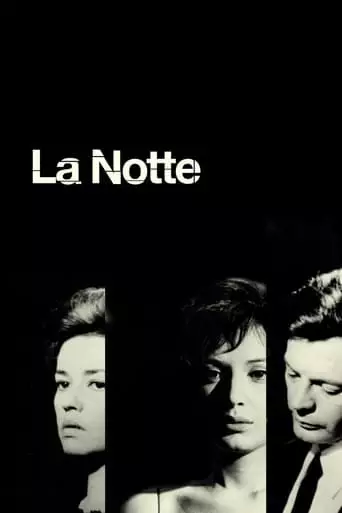
La Notte (1961) Watch Online
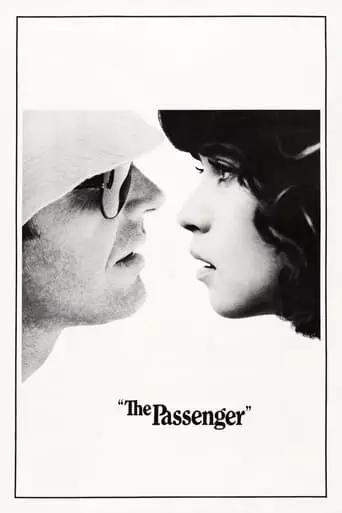
The Passenger (1975) Watch Online
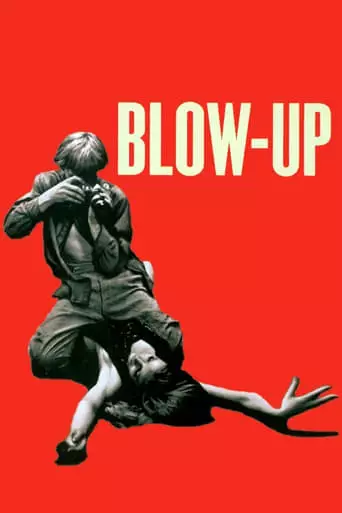
Blow-Up (1966) Watch Online
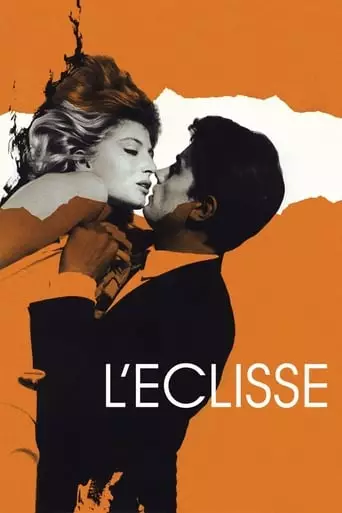
L’Eclisse (1962) Watch Online

L’Avventura (1960) Watch Online